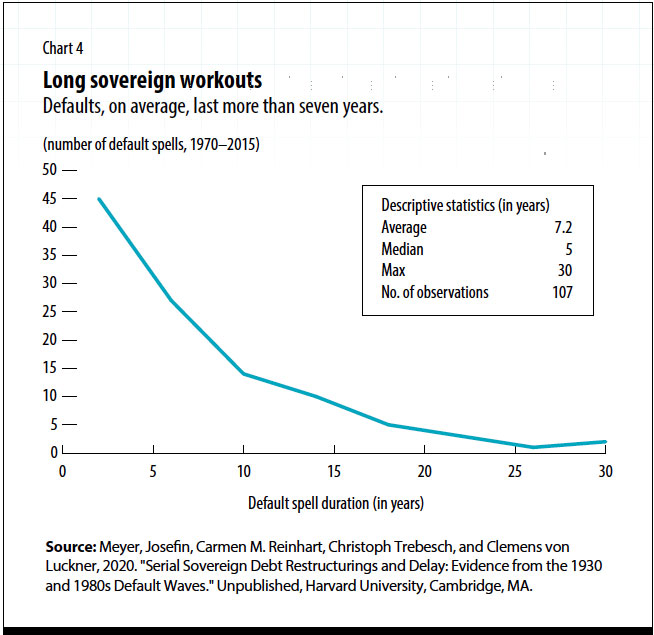Americans do not presently require a passport to travel to numerous Caribbean islands. For example, in 2005, some 50% of Americans traveling to Jamaica did not have a passport. Caribbean federal governments likewise argue that a majority of tourist earnings are stemmed from tourists showing up by air and preserve that the recent modifications in U. How to finance a home addition.S. law offering a different due date for sea travel was done to calm cruise ship carriers. A controversial issue in U.S. relations with the Caribbean has been a World Trade Organization (WTO) grievance filed by Antigua and Barbuda challenging U.S. constraints on cross-border Internet gaming. Antigua, which has invested in Internet gaming as a way of diversifying its economy, preserves that it has actually lost millions of dollars due to the fact that of the U.S.
In July 2006, the WTO developed a disagreement resolution panel to determine whether the United States had complied with a 2005 WTO judgment that backed Antigua's claim that the U.S. restrictions break the United States' market access commitments under the WTO's General Arrangement on Sell Solutions (GATS). Antigua keeps that the United States has actually taken no action to abide by the previous judgment. In September 2006, Congress authorized legislation to split down on illegal Web gambling (P.L. 109-347, Title VIII, H.R. 4954). CARICOM officials have expressed concerns about the U.S. inactiveness in the WTO case and told U.S. authorities that they consider it a local Caribbean problem with the United States instead of simply a U.S.
( For more, see CRS Report RL32014, WTO Conflict Settlement: Status of U.S. Compliance in Pending Cases, by [author name scrubbed] and CRS Report RS22418, Internet Betting: 2 Methods in the 109th Congress, by [author name scrubbed]) U.S. relations with Haiti were strained under the government of Jean Bertrand Aristide due to the fact that of issues over corruption and human rights, but there has been restored cooperation with Haiti, first under the interim government that took office in February 2004, and more just recently under the freshly chosen federal government of President Rene Preval inaugurated in May 2006. The Administration is hoping that a chosen government will support the development of working organizations and infrastructure and a reduction in violence that will help recognize such as goals as enhancing the human rights situation, reducing poverty, and reducing narcotics trafficking.

policy toward Haiti. (For further on U.S. policy toward Haiti, see CRS Report RL32294, Haiti: Developments and U.S. Policy Given That 1991 and Current Congressional Concerns, and CRS Report RL33156, Haiti: International Help Method for the Interim Federal Government and Congressional Issues, both by [author name scrubbed]; and CRS Report RS21349, U.S. Immigration Policy on Haitian Migrants, by [author name scrubbed]) Given that the early 1960s, U.S. policy toward Cuba has consisted mostly of separating the island nation through financial sanctions, consisting of a trade embargo. The Bush Administration has essentially continued this policy, although it has further tightened up financial sanctions, especially on travel.

The 7-Minute Rule for What Is A Consumer Finance Company
policy includes assistance procedures for the Cuban people, consisting of private humanitarian donations, U.S.-sponsored radio and tv broadcasting to Cuba, and U.S. financing to support democracy and human rights. U.S. immigration policy toward Cuban migrants has actually been referred to as a "damp foot/dry foot policy," with the U.S. Coast Guard interdicting Cuban migrants at sea and returning them to Cuba, while those Cubans who reach shore are usually enabled to look for permanent resident status. (For additional details on policy toward Cuba, see CRS Report RL32730, Cuba: Concerns for the 109th Congress; CRS Report RL33622, Cuba's Future Political Situations and U.S.
Constraints on Travel and Remittances; all 3 by [author name scrubbed]; and CRS Report RS20468, Cuban Migration Policy and Issues, by [author name scrubbed]) The United States has actually provided substantial quantities of foreign help to the Caribbean over the previous 25 years. U.S. help to the area in the 1980s amounted to about $3. 2 billion, with many focused in Jamaica, the Dominican Republic, and Haiti. A help program for the Eastern Caribbean likewise provided significant support, specifically in the after-effects of the 1983 U.S - How many years can you finance a boat.-led military intervention in Grenada. In the 1990s, U.S. support to Caribbean countries declined to about $2 billion, or an annual average of $205 million.
1 billion in help or 54% of the total. Jamaica was the 2nd biggest U.S. aid recipient in the 1990s, getting about $507 million, practically 25% of the total, while the Dominican Republic got about $352 million, about 17% of the total. Eastern Caribbean nations received about $178 million in support, practically 9% of the total. The bulk of U.S. help was economic help, including Advancement Support, Economic Assistance Funds, and P.L. 480 food help. Military assistance to the region totaled up to less than $60 million during the 1990s. Considering That FY2000, U.S. help to the Caribbean area (including FY2006 aid estimates) has amounted to nearly $1.
Haiti accounted for some 51% of assistance to the Caribbean region throughout this duration. As in the 1990s, the bulk of assistance to the region consisted of economic assistance. With regard to hurricane disaster assistance, Congress appropriated $100 million in October 2004 in emergency situation assistance for Caribbean countries (P.L. 108-324), with $42 million for Grenada, $38 million for Haiti, $18 million for Jamaica, and $2 million for other countries impacted by the storms. General assistance to the Caribbean amounted to $393 million in FY2005 and an approximated $306 million in FY2006 (see ). How old of an rv can you finance. For FY2007, the Administration has actually asked for about $322 million in support for the Caribbean, with about $198 million or almost 62% of the overall for Haiti, $35 million for the Dominican Republic, $31 https://www.evernote.com/shard/s624/sh/8a8edde9-9831-e631-5daf-aab056c5df10/3c60a7543f8cccbadf05fe1ad0404026 million for Guyana, and Take a look at the site here almost $17 million for Jamaica.
The Of What Does Cfa Stand For In Finance
Kitts and Nevis, St. Lucia, and St. Vincent and the Grenadines) is offered through USAID's Caribbean Regional program, which also moneys some region-wide tasks; for FY2007, the Administration asked for $11. 6 million for the program. The Eastern Caribbean would also receive about $1. 5 million in military help and $3. 2 million to support a Peace Corps existence. The request of $3 million for the "3rd Border Initiative" (TBI) would money regional jobs for the 14-nation Caribbean Community (CARICOM) plus the Dominican Republic that concentrate on enhancing travel and border security in the region, catastrophe readiness, and greater organization competitiveness.
( See ). Looking ahead to future years, a number of Caribbean nations are potential receivers for Millennium Difficulty Account (MCA) shayla mccullough assistance, an initiative to target foreign support to countries with strong records of efficiency in the areas of governance, economic policy, and investment in individuals. Although Haiti and Guyana have been candidate nations potentially qualified for MCA funds because FY2004 (since of low per capita earnings levels), neither country has been approved to take part in the program due to the fact that they have actually not met MCA performance criteria. Guyana, however, was designated an MCA limit country for FY2005 and FY2006 and could be approved in future years for MCA funding.